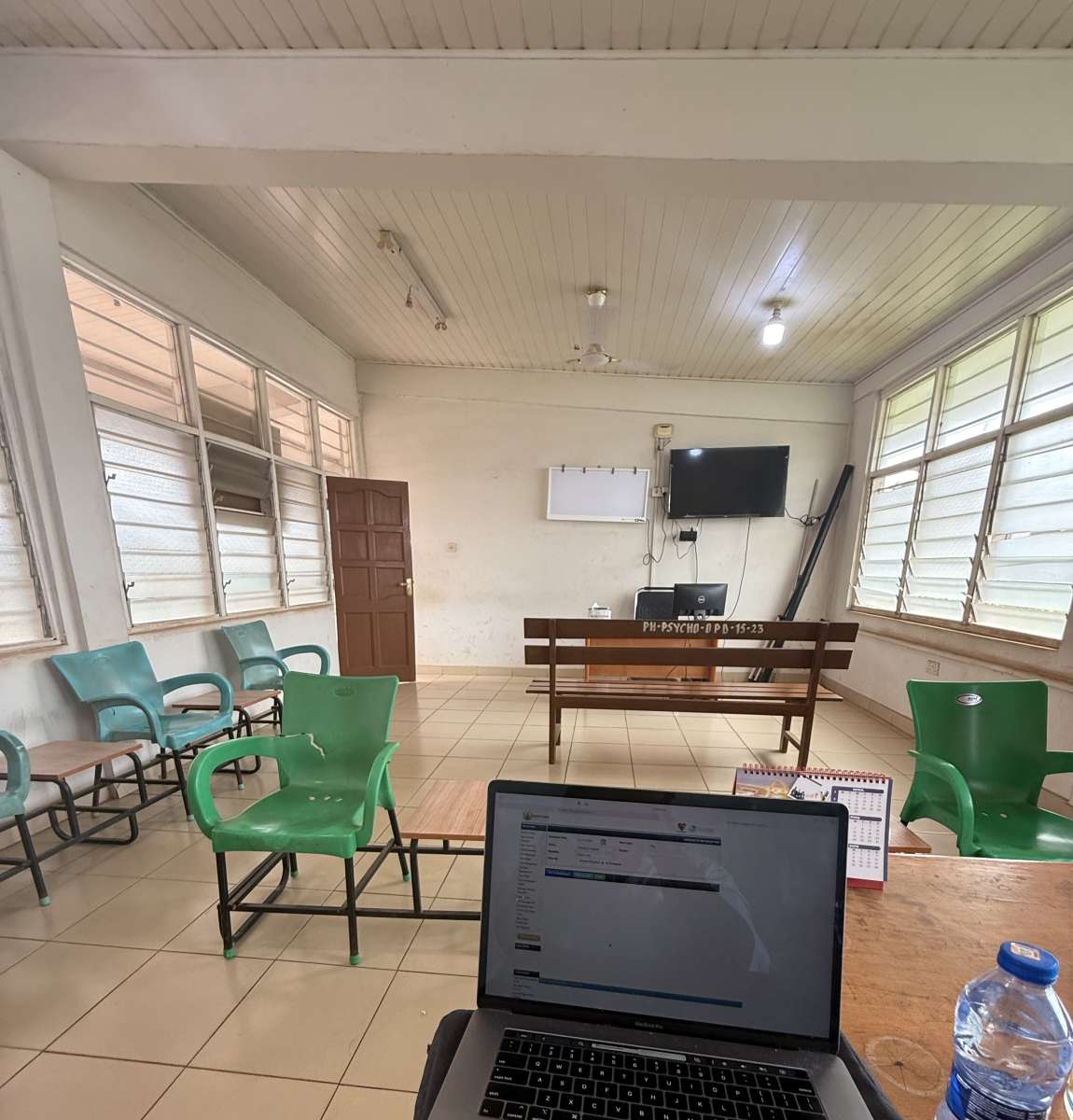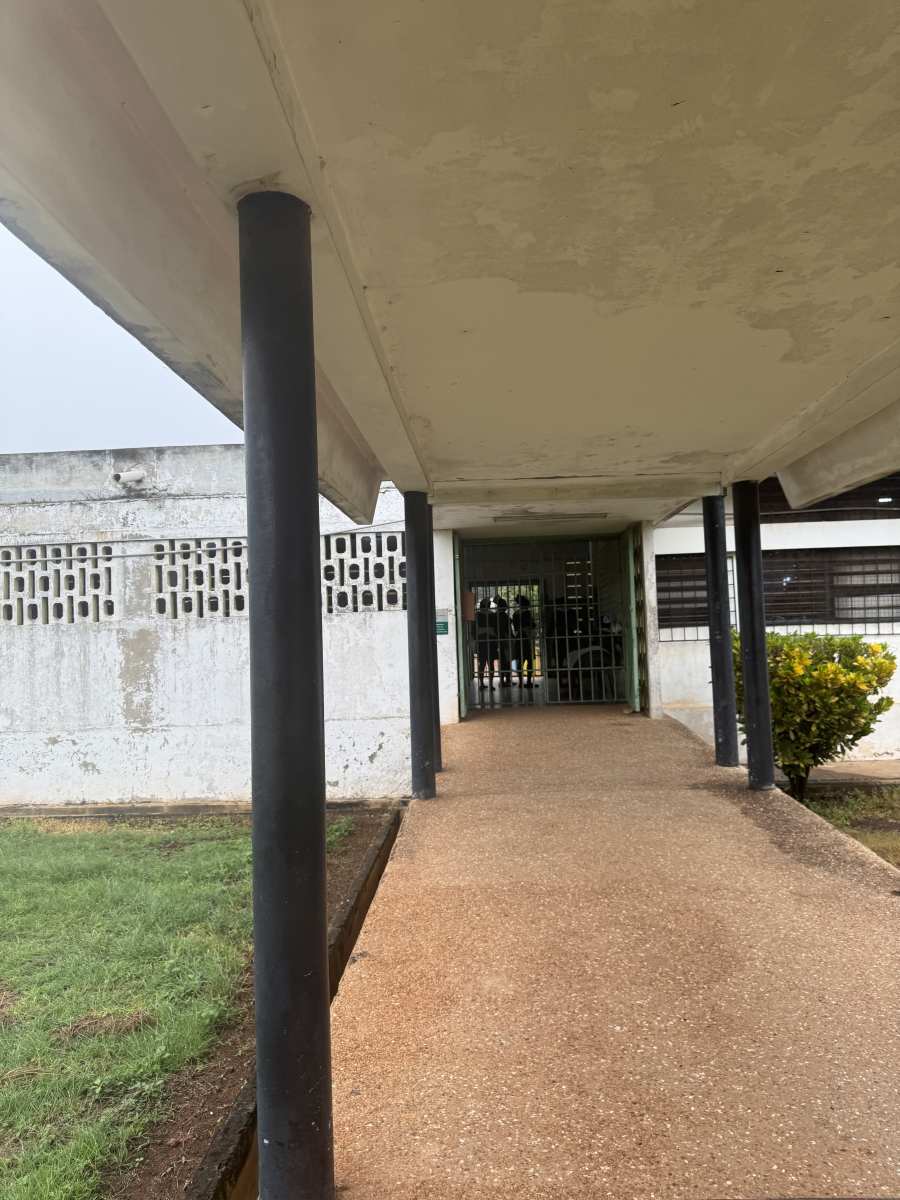Ghana is a country located in west Africa with a population of about 35 million. It is considered a low to middle income country, with government spending of about 1.4% of total health expenditure on mental health. While legal and policy frameworks exist to improve mental health services, implementation remains a challenge. It is estimated that between 85% and 98% of people with mental health conditions are unable or chose not to access psychiatric care in part due to paucity of mental health facilities, low ratio of psychiatrists and other mental health clinicians to the general population and stigma surrounding mental illness. I would like to spend four weeks participating in an elective rotation at Pantang Hospital, a hospital specialized in the treatment of psychiatric conditions within the Greater Accra region and surrounding areas. I plan to expand my understanding of the practice of psychiatry among a culturally diverse population and explore the impact of spirituality and faith on illness outcomes. Additionally, I plan to develop a psychoeducation curriculum taught to medical students and junior residents with a goal of improving medication adherence.
The population that will be served in this project is Ghanaians with severe and persistent mental illness that require inpatient hospitalization and ongoing outpatient management. Additionally, Ghanaian medical students and junior residents may benefit from a psychoeducation curriculum to improve patients' likelihood to adhere to their medication regimen.
This global psychiatry elective will improve my understanding of the practice of psychiatry in limited resource settings, the role of spirituality and stigma in mental health presentations and outcomes, and transcultural approaches to the psychiatric interview and treatment options. I plan to share my findings with my cohort of residents as Rochester, NY has a significant African immigrant population that often present to the psychiatric emergency department.










Ghana, a West African country with a population of ~35 million, is classified as a low- to middle-income nation. Only about 1.4% of total health expenditure is directed toward mental health. As a result, an estimated 85–98% of individuals with psychiatric conditions do not receive care due to scarcity of facilities (especially in rural regions), low clinician-to-population ratios, and persistent stigma.
As someone born in Ghana, my identity and background strongly shaped my desire to return and contribute to the country’s mental health system. I spent three weeks at Pantang Psychiatric Hospital, a government-supported facility located just outside Accra, where I engaged with both inpatient and outpatient services, as well as chemical dependency and occupational therapy programs.
My focus was on patient education: addressing stigma, clarifying diagnoses, and emphasizing medication adherence as a means of reducing relapse rates. I also recognized the important role of religion in recovery within the patient population and encouraged a combined approach of spirituality and engagement with formal mental health services rather than sole reliance of spiritual leaders and alternative treatments. Across my interactions, I incorporated supportive therapy and provided accessible and free, patient-centered resources addressing coping skills, psychiatric diagnoses, and psychiatric medications.